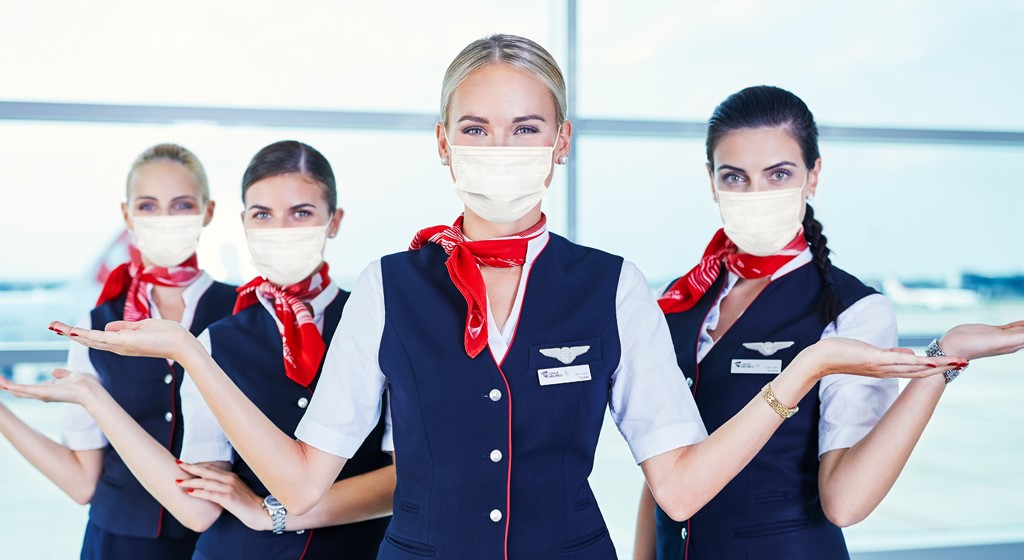Access selected deals available with budget and full-service airlines
Lock any airfare that sounds great. You don’t lose anything if you cancel it
Call us anytime for any assistance. We do not go into hibernation
Your personal and financial information stays secure with us
Czech Airlines (České aerolinie a.s.), commonly known as ČSA, was the national flag carrier of the Czech Republic, with a rich history spanning over a century until its operations were fully integrated into its parent company, Smartwings, on October 26, 2024. Founded on October 6, 1923, as Czechoslovak State Airlines, it was one of the world’s oldest airlines, ranking among the top five for longevity. Based at Václav Havel Airport Prague, ČSA played a pivotal role in connecting the Czech Republic to Europe and beyond, offering passenger transport, charter flights, and cargo services. As a member of the SkyTeam Alliance since 2001, the airline leveraged global partnerships to enhance its network. Despite its legacy, ČSA faced significant challenges, culminating in its merger with Smartwings, marking the end of its independent operations under the iconic OK flight code.

Czech Airlines began as Czechoslovak State Airlines, with its first flight from Prague to Bratislava on October 29, 1923, covering 321 km using an Aero A-14 biplane. International services commenced in 1930 with a route to Zagreb, and by 1962, ČSA operated transatlantic flights to Havana, with refueling stops in Shannon and Gander. During the communist era, the airline relied heavily on Soviet-built aircraft like the Ilyushin Il-18D, Tupolev Tu-134, Tu-154, and Il-62, the latter being the first long-range jet airliner in its fleet. ČSA was the first foreign customer for the Il-62, operating 21 of these aircraft between 1969 and 1997, some serving as government transports.
Following the 1993 dissolution of Czechoslovakia, the airline rebranded as Czech Airlines in May 1995, transitioning to Western aircraft like Boeing 737s, Airbus A310s, A320s, and ATR turboprops. In 2001, ČSA joined the SkyTeam Alliance, enhancing its global reach through codeshare agreements with airlines like Air Europa, China Airlines, and Delta Air Lines. The airline modernized its fleet further in the 2000s, introducing Airbus A319s and, in 2013, an A330 for a long-haul route to Seoul, which was discontinued in 2020 due to the COVID-19 pandemic.
The airline faced financial difficulties, exacerbated by the pandemic, leading to a reorganization process from March 2021 to June 2022. During this period, ČSA reduced its fleet and routes significantly, dropping from 33 routes in 2019 to just four by February 2021, focusing primarily on European destinations like Paris and Madrid. Ownership changes saw Korean Air acquire a 44% stake in 2013, followed by Travel Service (later Smartwings) increasing its stake to 97.74% by 2017. By October 2024, ČSA’s operations were fully absorbed into Smartwings, with its final flight from Paris to Prague marking the end of its 101-year legacy.
Czech Airlines’ fleet evolved significantly over its history. By the late 2010s, it operated a mix of Airbus A319s, ATR 72-500s, and a leased A330 for its Seoul route. Plans to transition to a Boeing 737 fleet under Smartwings were abandoned in 2019 due to safety concerns with the 737 MAX, leading ČSA to retain its Airbus fleet. By October 2024, operations were limited to two Airbus A320s in ČSA livery, flown by Smartwings on routes to Paris and Madrid. The airline also ordered three Airbus A321XLRs in 2020 for potential North American routes, but these plans were shelved as part of the merger.
ČSA specialized in passenger transport, charter flights, aircraft leasing, and cargo services as part of the SkyTeam Cargo alliance. Its services included online check-in, a gourmet menu in economy class, and group booking options for 10+ passengers. The airline was certified under ISO 14001 for environmental management and IOSA for operational safety since 2005, emphasizing sustainability and safety. Its environmental policy focused on reducing noise pollution and emissions, though its small fleet limited its environmental impact compared to larger carriers.